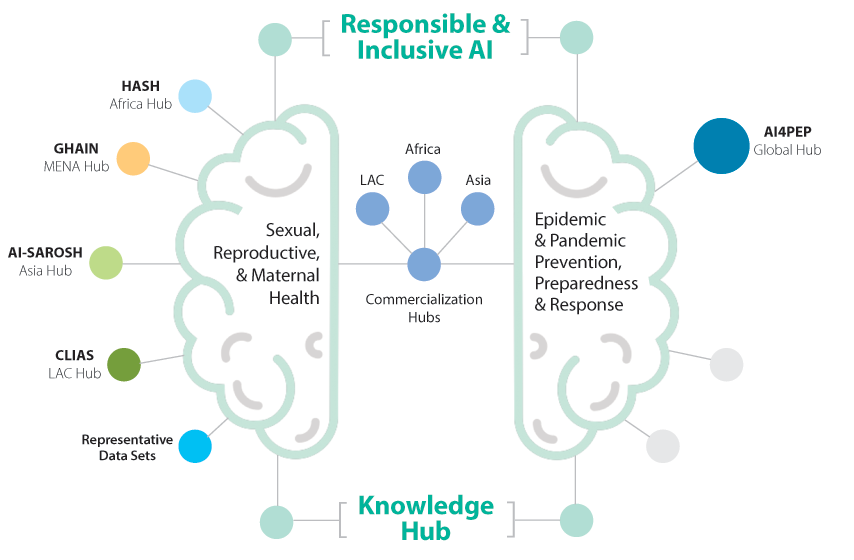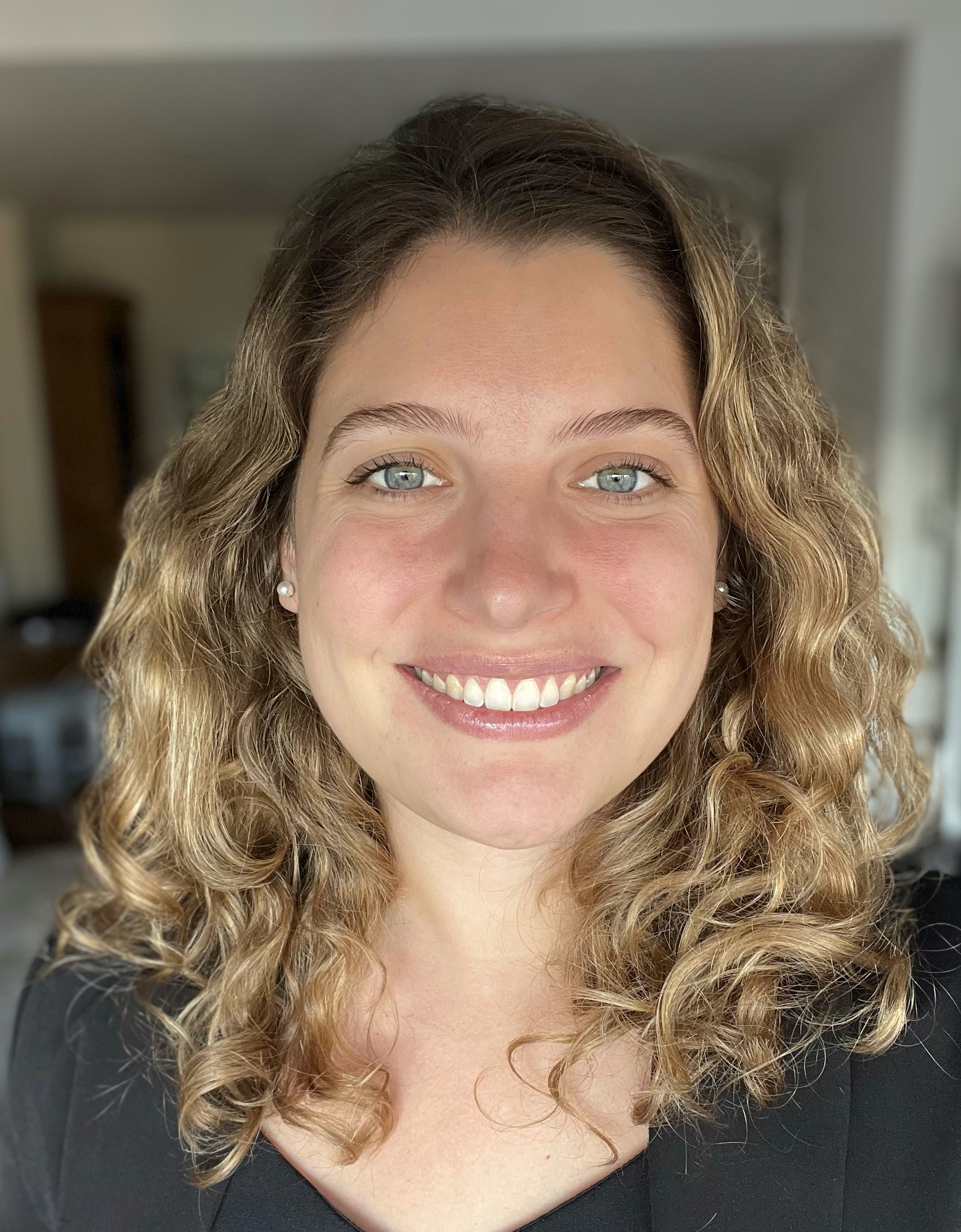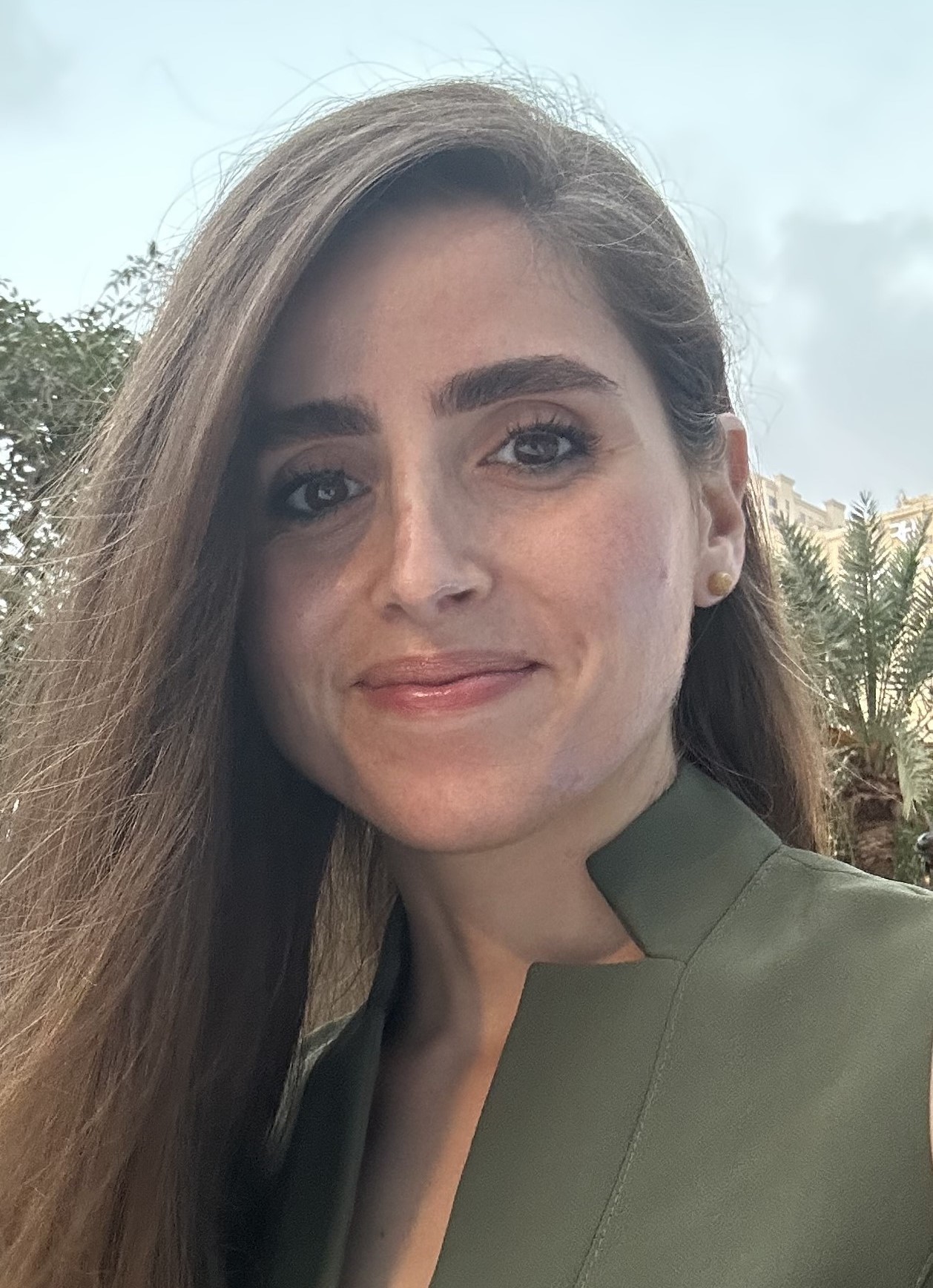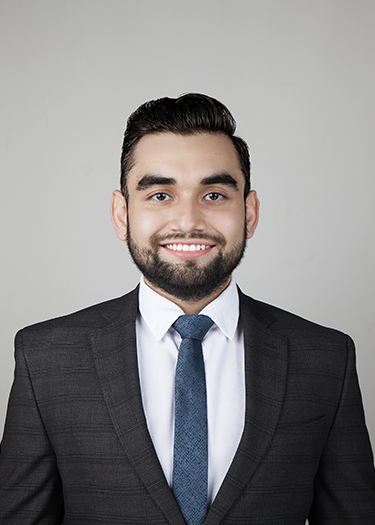
Sharing knowledge and building capacity to advance responsible artificial intelligence to improve global health research.
This knowledge hub functions as a:
For information, resources, and expertise related to artificial intelligence (AI) and global health research, including the latest research, best practices, and ethical considerations.
A community of practice for collaboration and information exchange among researchers, practitioners, policymakers, and stakeholders working in AI and global health from Asia, the Middle East and North Africa, Sub-Saharan Africa, Latin America, and the Caribbean.
The Goal
To support the development and implementation of AI technologies and solutions that improve health and health care, reduce health disparities, and enhance health systems, especially in the themes of Sexual, Reproductive, and Maternal Health (SRMH) and Epidemic/Pandemic Prevention Preparedness and Response (E/PPPR).
By fostering collaboration, knowledge sharing, and innovation, the AI for Global Health Research Knowledge Hub is helping to advance the field in low- and middle-income countries (LMICs) and contribute to creating a healthier, more equitable world.
AI4GH Project
A research and development initiative led by the International Development Research Centre (IDRC), it aims to harness the power of artificial intelligence (AI) to address global health challenges in developing countries.
Focus: developing and evaluating AI-powered solutions to improve healthcare delivery, increase access to medical information, and support health decision-making in low- and middle-income countries.
Through cutting-edge research, innovation, and knowledge sharing, and in collaboration with academic institutions, government agencies, and technology companies, we are advancing the development and deployment of AI in health and ensuring that the technology is ethical, equitable, and accessible to the people who need it most.

Meet the Team
 Project Manager
Project Manager
Dr. Mercedes Rumi, MSc
Mercedes is a medical doctor from the University of Buenos Aires with an MSc in International Health from the University of Oxford, both degrees completed with merit. Her work spans several continents, with experience in maternal and child health research in Argentina and Vietnam, and infectious disease prevention projects in Kenya and Colombia. She has worked with the Pan American Health Organization (PAHO) as part of the Science and Knowledge for Impact unit and is currently a Research Manager at The Global Health Network. In this role, she oversees a diverse portfolio of projects funded by organisations such as IDRC and Wellcome and actively contributes to expanding research capacity in low and middle-income countries by developing new funding opportunities and supporting collaborative research initiatives.
 Africa’s Regional Coordinator
Africa’s Regional Coordinator
Dr. Prince Ebenezer Adjei
Prince Ebenezer Adjei is a biomedical engineer and AI researcher specializing in healthcare applications. He is the AI Team lead for the Global Health in Infectious Disease research group at the Kumasi Centre for Collaborative Research into Tropical Medicine (GHID-KCCR) at the Kwame Nkrumah University of Science and Technology, Ghana. Prince is also the coordinator for the African region for AI for Global Health Project (AI4GH) by the Global Health Network, Oxford University. Prince is committed to advancing AI in healthcare and improving its accessibility and utility in clinical settings.
 Asia’s Regional Coordinator
Asia’s Regional Coordinator
Marina AlBada
Marina AlBada is an evidence-driven health policy expert with training in clinical pharmacy and a background in scientific research, pharmaceutical market access, and public affairs management. She is currently an M.Sc. student in Global Health Policy at The University of Edinburgh, where her thesis focuses on the "Responsible Artificial Intelligence Deployment in Clinical Practice: Emphasizing the importance of equity". Her career includes roles as the Policy and Public Affairs Manager for Novartis in the MEA region, where she was instrumental in shaping health policies, orchestrating public-private partnerships, and advocating for advanced therapies. Her career is marked by her ability to lead cross-functional teams, forge strategic partnerships, and navigate complex policy landscapes.
 Latin America and the Caribbean’s Regional Coordinator
Latin America and the Caribbean’s Regional Coordinator
Dr. Bryain Maradiaga-Mendoza
Bryain Maradiaga-Mendoza is an accomplished general practitioner who graduated from UNAH. His passion for global health and research has led him to serve as the Regional Coordinator for Latin America and the Caribbean of the Artificial Intelligence for Global Health project at The Global Health Network, University of Oxford. Bryain is a highly assertive and skilled research assistant at the Antonio Vidal Institute. He is currently preparing to become a certified physician in the United States, and he is committed to broadening his horizons, improving his abilities to practice medicine holistically, and advocating for global health.